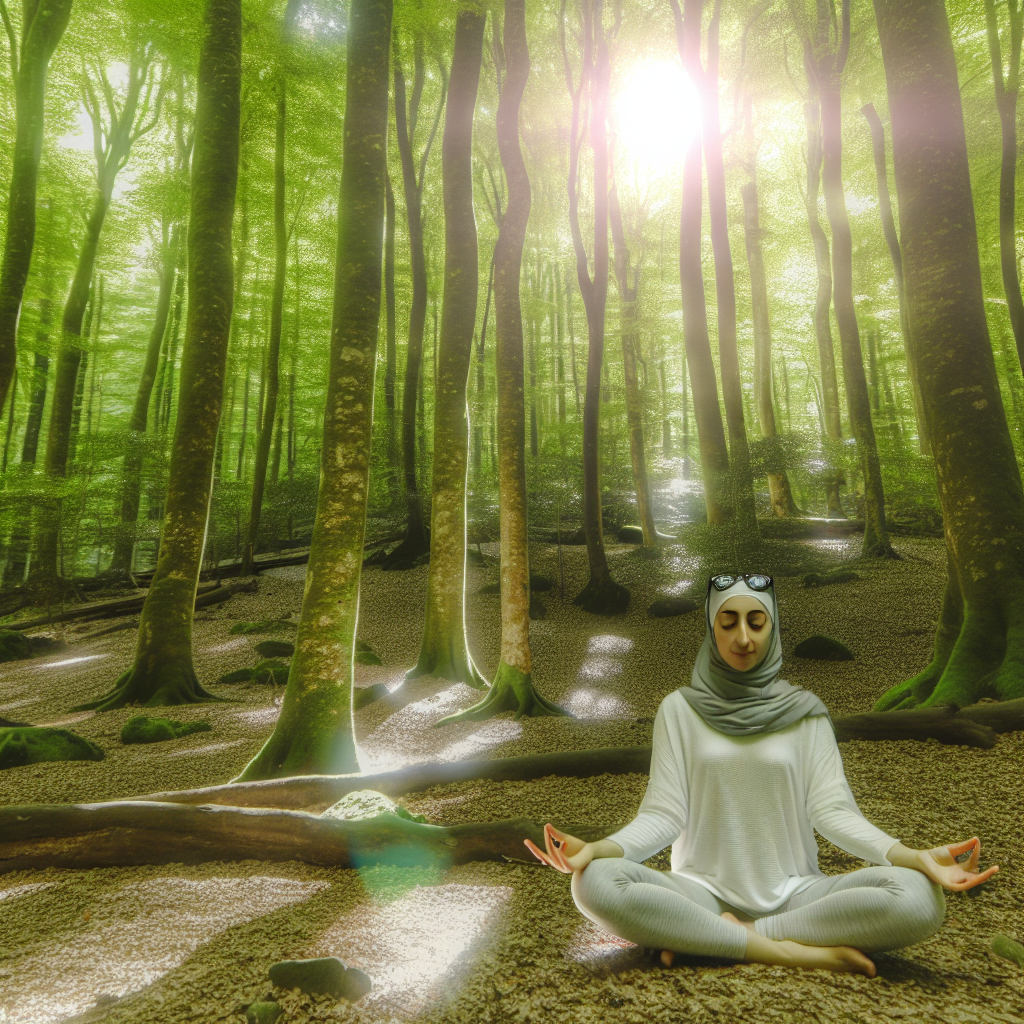The Ultimate Guide to Meditation and Relaxation: Techniques to Reduce Stress and Improve Mental Health
- Introduction
- What is Meditation and Relaxation?
- Meditation Techniques
- Stress Relief Methods
- Frequently Asked Questions
- Conclusion
Ever felt overwhelmed by the stresses of daily life and wished you had a way to just hit pause? Youre not alone. Modern life is full of pressures that can make it difficult to find peace and tranquility. In this comprehensive guide, well delve into the world of meditation techniques, stress relief methods, and relaxation exercises. By the end of this article, youll have the tools and knowledge you need to combat stress and enhance your mental health. Stick with me, and I promise you wont regret it.
What is Meditation and Relaxation?

Meditation vs. Relaxation
People often use the terms"meditation" and"relaxation" interchangeably, but they arent the same thing. Meditation is a broader practice aimed at training the mind and achieving a state of focused awareness. Relaxation, on the other hand, involves activities that reduce tension in both the mind and body. Lets break this down.
Why Meditation and Relaxation are Important
Taking time to meditate and relax can provide immense benefits. According to the American Psychological Association, regular relaxation and meditation practices can reduce the symptoms of many mental health conditions, including anxiety and depression. The benefits of mindfulness meditation are especially noteworthy, as this type of meditation focuses on being present in the moment, reducing stress, and improving emotional health.
Meditation Techniques
Mindfulness Meditation
Mindfulness meditation is one of the most popular forms of meditation today. This technique involves focusing your attention on your breath, bodily sensations, or a specific thought while maintaining an open and non-judgmental mindset. Studies have shown that practicing mindfulness can reduce symptoms of anxiety by 60% and improve focus and cognitive functions.
Guided Meditation
In guided meditation, a teacher or recording leads you through a series of steps designed to help you relax and enter a meditative state. This can be particularly useful for beginners who may find it challenging to meditate on their own. Guided meditations often come with various themes such as stress relief, sleep improvement, or emotional healing, making them highly versatile.
How to Meditate: Beginners Guide
Learning how to meditate doesn’t have to be daunting. Start small with just 5 minutes a day. Find a quiet space, sit comfortably, and focus on your breath. Allow thoughts to come and go without getting attached to them. Over time, you can gradually increase your meditation duration.
Stress Relief Methods
Relaxation Exercises
Relaxation exercises such as progressive muscle relaxation, deep breathing exercises, and visualization can be highly effective in reducing stress. Progressive muscle relaxation involves tensing and then relaxing each muscle group in the body, which can help reduce physical tension and stress. Deep breathing exercises, on the other hand, can activate the bodys relaxation response, helping to lower heart rate and blood pressure.
Benefits of Meditation for Stress Relief
The benefits of meditation extend far beyond relaxation. According to a report from the National Institutes of Health, meditation can reduce the levels of cortisol, the stress hormone, in the body. This biochemical change can lead to a decrease in stress and anxiety levels, thereby improving overall mental health.
Frequently Asked Questions
- How long should I meditate each day?
- What is the best time to meditate?
- Can meditation help with anxiety and depression?
- Is it normal for my mind to wander during meditation?
- Can I meditate lying down?
- What should I do if I can’t stop thinking during meditation?
- How do I make meditation a habit?
- How can I integrate meditation into my daily routine?
- What are the benefits of group meditation?
- Are there any risks associated with meditation?
- What is the difference between guided and unguided meditation?
- Can children and teenagers practice meditation?
- What are some common misconceptions about meditation?
- How do I know if I am meditating correctly?
- What resources are available for learning more about meditation?
Conclusion: Meditation and relaxation are vital for managing stress and improving mental health. With various techniques and methods available, theres something for everyone. Start small and build your practice over time. Youll soon experience the profound benefits of these practices.